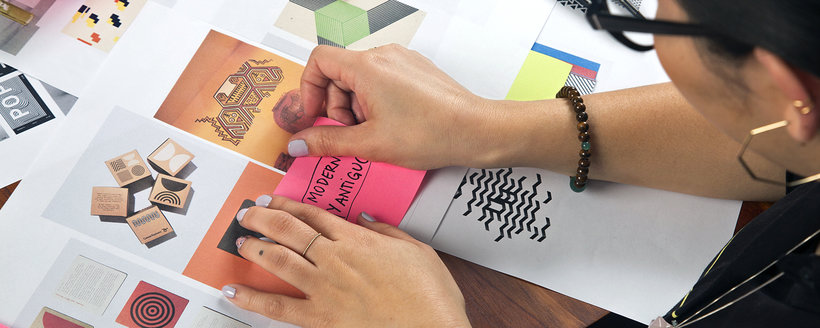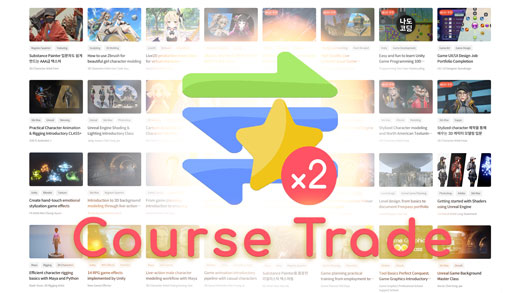Design Projects from Research to Concept (Spanish, Multisub)
Release date:2022
Author: Amanda Hirakata
Skill level:Beginner
Language:Spanish
Exercise files:Yes
Learn to give a solid and relevant support to your design
The great designs and brand identities are born from a solid base of research, documentation and conceptualization. Amanda Hirakata – graphic designer – has more than 9 years of experience in branding , among which she has worked for two of Peru’s most important design studios such as Infinito and Brandlab. His passion is to create brands that connect people and to achieve this, he has learned to carry out good research so that his design projects have purpose, sustenance and material to create a brand.
In this course you will learn why questioning, empathy and research are important for any design project, giving power and relevance to the outcome of your project.
What will you learn in this online course?
You will learn about Amanda’s professional career, among important studies of branding , a season of studies in Japan and several collaborations. You will see that thanks to his experience he has learned the different ways that exist to start a design project and how to support it, in addition to the value of observation, questioning and curiosity at work. You will see its main influences ranging from photography to design.
You will start from the basics, learning what research is, why it is important for any design project and you will see the 4 stages of research that you will work on in this course. Then, you will deepen the main tool of every designer: creativity. You will see the types that exist, their stages and then it will be the turn to learn a little theory about conceptualization.
Amanda will explain step by step how she develops a brief, what questions are asked and some useful tips. Next, it will teach you how to approach a project; She will carry out her research process on a museum in Peru but you can do it on whatever you want.
You will collect all available information about the brand or product, such as what it is, the types that exist, the context, its history, the opinions of the users, the competition through a benchmark and referents of the sector that function as inspiration. In addition, you will analyze his identity and investigate the space in which he is physically. All this information will be collected in a document that will be of vital importance for the development of your project.
Finally, you will learn to make a mood board and work on keywords that will be the pillars of your work. Then, you will look for inspiration, signs, symbols, colors, among many other resources to fill your board and send the client for approval and thus, start the graphic development of the identity.
At the end of this course you will have learned different ways to approach a graphic design project from scratch, gather all the information necessary to be consistent with the brand and start working with a solid base to create meaningful designs.
What is this course’s project?
You will organize the research guidelines of a project to create a graphic project of relevance, which can be social, political, environmental or personal motivation.
Who is this online course for?
To graphic design students, designers and anyone who has an interest in learning a research, documentation and inspiration process to raise the level of their design projects.
Requirements and materials
You will need prior knowledge of Adobe Illustrator and Photoshop. On the materials, you will need a camera (or your cell phone), a computer with Illustrator, Photoshop and InDesign, pencil, paper and a printer.





 Channel
Channel





